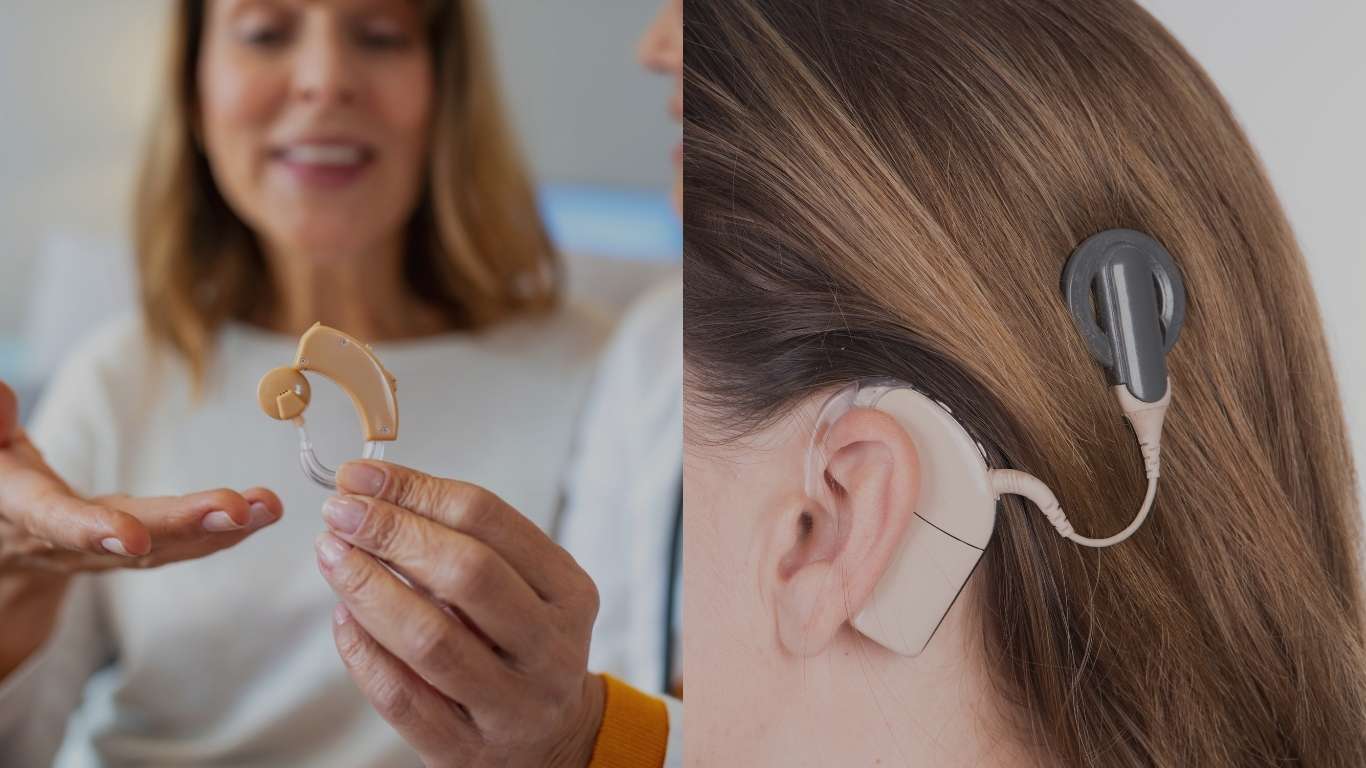Ask the Specialists
Tonsils

The tonsils are two lymph nodes located on each side of the back of your throat. They are part of the immune system and help fight infections. Tonsillitis is the inflammation of the tonsils, which can cause sore throat, difficulty swallowing, and swollen glands.
Diagnosis and Treatment
Diagnosis
Diagnosing tonsillitis typically involves a thorough evaluation by a healthcare professional. The process may include:
- Medical History: A review of symptoms, such as sore throat, difficulty swallowing, fever, and swollen lymph nodes. The doctor will also inquire about any recent illnesses or exposures.
- Physical Examination: The doctor will examine the throat for redness, swelling, and the presence of pus or white patches on the tonsils. They may also check for swollen lymph nodes in the neck.
- Throat Swab: A sample may be taken from the throat to test for bacterial infections, such as streptococcus (strep throat). This helps determine if antibiotics are needed.
- Blood Tests: In some cases, blood tests may be conducted to check for signs of infection or other underlying conditions.
Treatment
Treatment for tonsillitis depends on its cause, whether viral or bacterial. Common treatment options include:
- Antibiotics: If tonsillitis is caused by a bacterial infection, antibiotics are prescribed to help eliminate the infection. It’s important to complete the full course of antibiotics as directed.
- Pain Relief: Over-the-counter pain relievers, such as acetaminophen or ibuprofen, can help reduce pain and fever associated with tonsillitis.
- Rest and Hydration: Ensuring adequate rest and staying hydrated by drinking plenty of fluids are essential for recovery.
- Throat Gargles: Gargling with warm salt water can help soothe a sore throat and reduce inflammation.
- Corticosteroids: In severe cases, a healthcare provider may prescribe corticosteroids to reduce inflammation and swelling of the tonsils.
- Tonsillectomy: For recurrent or chronic tonsillitis, surgical removal of the tonsils (tonsillectomy) may be recommended as a long-term solution.
Preventive Measures
Preventive Measures for Tonsils
- Practice Good Oral Hygiene: Regular brushing and flossing can help prevent infections.
- Stay Hydrated: Drinking plenty of fluids can help keep the throat moist and prevent irritation.
- Avoid Close Contact with Sick Individuals: Reducing exposure to infections can help prevent tonsillitis.
- Consider Vaccinations: Immunizations can help prevent infections like strep throat.
Tonsils are two lymph nodes located on each side of the back of your throat that help protect your body from infection.
Tonsillitis can be caused by viral or bacterial infections, leading to inflammation and swelling of the tonsils.
Diagnosis typically involves a physical examination and review of symptoms; throat swabs may be taken for testing.
Treatment options may include antibiotics for bacterial infections, pain relievers, and in severe cases, surgical removal of the tonsils.
Practicing good hygiene, such as frequent handwashing, can help reduce the risk of tonsillitis.



